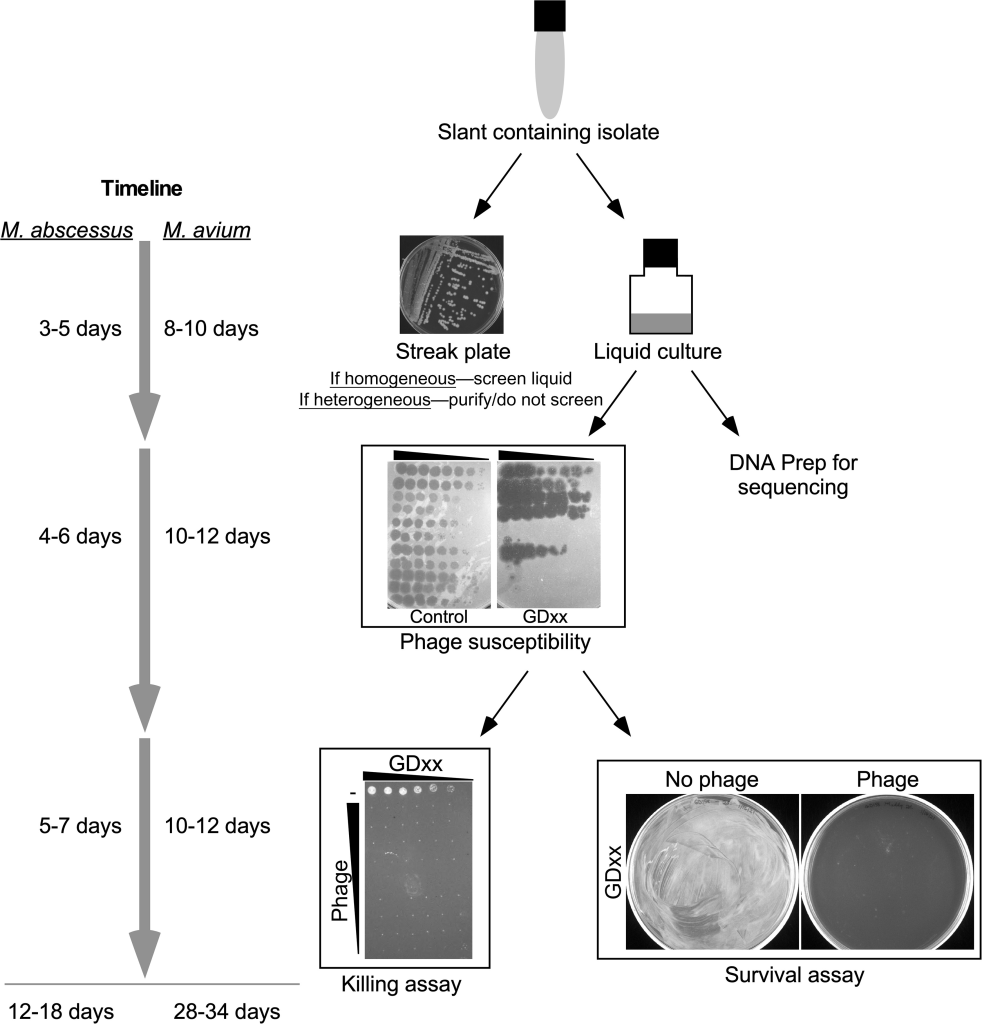In the ongoing battle against drug-resistant Mycobacterial infections, a ray of hope has emerged from the world of bacteriophages. The study, titled "Phage Therapy of Mycobacterium Infections: Compassionate Use of Phages in 20 Patients With Drug-Resistant Mycobacterial Disease," which was published in the Oxford Academic Journal explores an innovative approach to tackling the growing challenges posed by Mycobacterium infections, particularly Mycobacterium abscessus. These infections are on the rise, especially among individuals with cystic fibrosis and chronic bronchiectatic lung diseases, creating a pressing need for effective treatment options.
The study delves into the promising field of phage therapy, offering new insights into the personalized identification of lytic phages for Mycobacterium isolates and their compassionate use in 20 patients. This article highlights the study's key findings, emphasizing its potential to revolutionize the management of drug-resistant Mycobacterial infections.
The Mycobacterial Challenge
Nontuberculous Mycobacterium infections, particularly Mycobacterium abscessus, have become increasingly prevalent and problematic among patients with underlying lung conditions. The inherent antibiotic resistance of these pathogens has made treatment a formidable challenge, leading researchers to explore alternative therapeutic avenues.
Phage Therapy: A Glimmer of Hope
Bacteriophage therapy, or phage therapy for short, offers a promising and novel approach to combating drug-resistant Mycobacterial infections. Phages, which are viruses that target and infect bacteria, can be harnessed to specifically attack Mycobacterium species. However, the study reveals that there are relatively few active lytic phages available for this purpose, and susceptibility to phages varies significantly among different M. abscessus isolates. Therefore, a personalized approach to phage identification becomes essential.

Compassionate Use of Phages: A Lifeline for Desperate Patients
The study, conducted on 20 patients as part of compassionate use, administered phages intravenously, by aerosolization, or both, and closely monitored their responses. Notably, the results were exceptionally promising:
- Safety First: No adverse reactions were observed in any of the patients, irrespective of the pathogen, type of phages administered, or route of delivery. This underscores the safety profile of phage therapy as a viable treatment option.
- Clinical and Microbiological Responses: Encouragingly, 11 out of the 20 patients demonstrated favorable clinical or microbiological responses to phage therapy. This suggests that phages could play a pivotal role in managing drug-resistant Mycobacterial infections when traditional antibiotics fall short.
- Resistance: A Minimal Concern: Intriguingly, none of the 11 patients treated with a single phage exhibited any signs of phage resistance. This is a remarkable finding, highlighting the potential durability of this treatment strategy.
- Neutralizing Antibodies: While neutralizing antibodies were identified in serum after initiating intravenous phage delivery in eight patients, they were not consistently associated with unfavorable responses. This nuanced aspect of the study opens avenues for further exploration into optimizing phage therapy.
A New Frontier in Mycobacterial Infection Treatment
This study continues to illuminate the potential of phage therapy as a lifeline for patients battling drug-resistant Mycobacterial infections. Despite the challenges posed by limited therapeutic phages and variable susceptibilities, the favorable outcomes in patients with no other treatment options underscore the need for continued development of adjunctive phage therapy.
Phage therapy, with its impeccable safety record and encouraging clinical and microbiological responses, has the potential to redefine the landscape of Mycobacterial infection treatment. As researchers delve deeper into phage discovery and optimization, we may be on the cusp of a medical breakthrough that offers renewed hope for patients facing this formidable healthcare challenge. The study's findings serve as a beacon, guiding the way toward a brighter future in the fight against drug-resistant Mycobacterial infections.
You can read the full article here Dedrick, R. M., Smith, B. E., Cristinziano, M., Freeman, K. G., Jacobs-Sera, D., Belessis, Y., ... & Hatfull, G. F. (2023). Phage therapy of Mycobacterium infections: compassionate use of phages in 20 patients with drug-resistant mycobacterial disease. Clinical infectious diseases, 76(1), 103-112.




